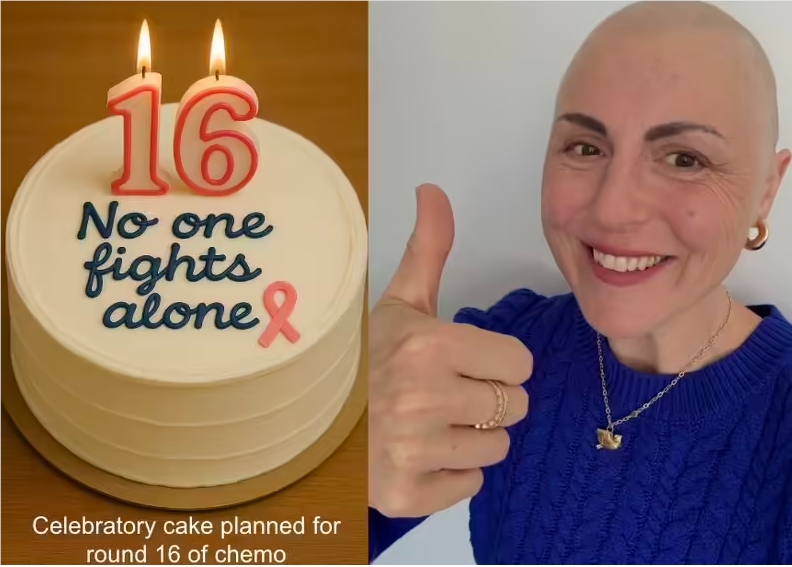OpenAI Marketing Chief Shares Cancer Journey to Advocate for Women's Health
Kate Rouch, OpenAI's head of marketing, recently revealed she will take a three-month medical leave to focus on treating her invasive breast cancer. In a candid LinkedIn post, Rouch shared her journey of balancing a high-profile career with cancer treatment—a challenge she describes as "the hardest time of my life."

Rouch joined OpenAI earlier this year, only to receive her diagnosis weeks later. For five months, she has undergone chemotherapy at UCSF Medical Center while continuing to lead her marketing team. "This presents immense challenges for me, my husband, and our two young children," she wrote, highlighting the personal toll of her professional perseverance.
Medical professionals expect Rouch to make a full recovery, describing her prognosis as "very good." Yet her experience prompted an urgent message about women's health: "One in eight American women will develop invasive breast cancer," she noted, citing annual mortality figures of 42,000 and rising incidence among younger women.
The tech executive emphasized that regular screenings shouldn't be sacrificed for career demands. Her story resonates particularly in Silicon Valley's high-pressure environment, where work often eclipses self-care. Gary Briggs, Meta's former CMO, will temporarily assume Rouch's duties during her leave—a transition reflecting the industry's growing recognition of health priorities.
Rouch brings substantial tech credentials to her advocacy. Before OpenAI, she held leadership roles at Meta and Coinbase. Colleagues describe her approach as characteristically determined—whether launching products or confronting illness. Her public disclosure follows increasing executive transparency about health struggles in traditionally image-conscious corporate circles.
Key Points
- Kate Rouch continues working through chemotherapy before taking dedicated medical leave
- Breast cancer incidence rises among younger women—regular screenings are critical
- Tech industry sees growing executive openness about health challenges
- Temporary leadership transitions become normalized for medical needs
- Health advocacy emerges as unexpected dimension of executive leadership